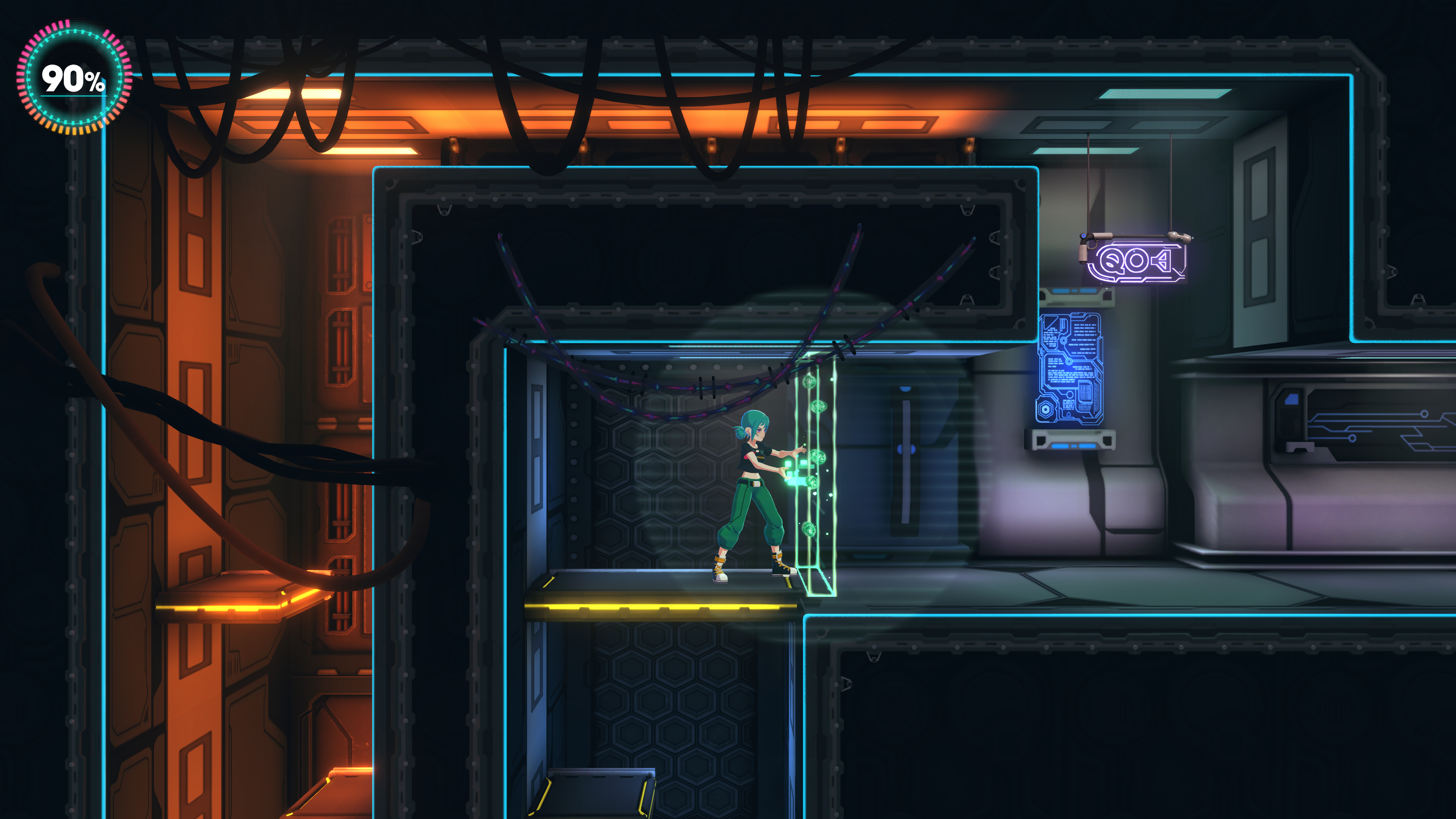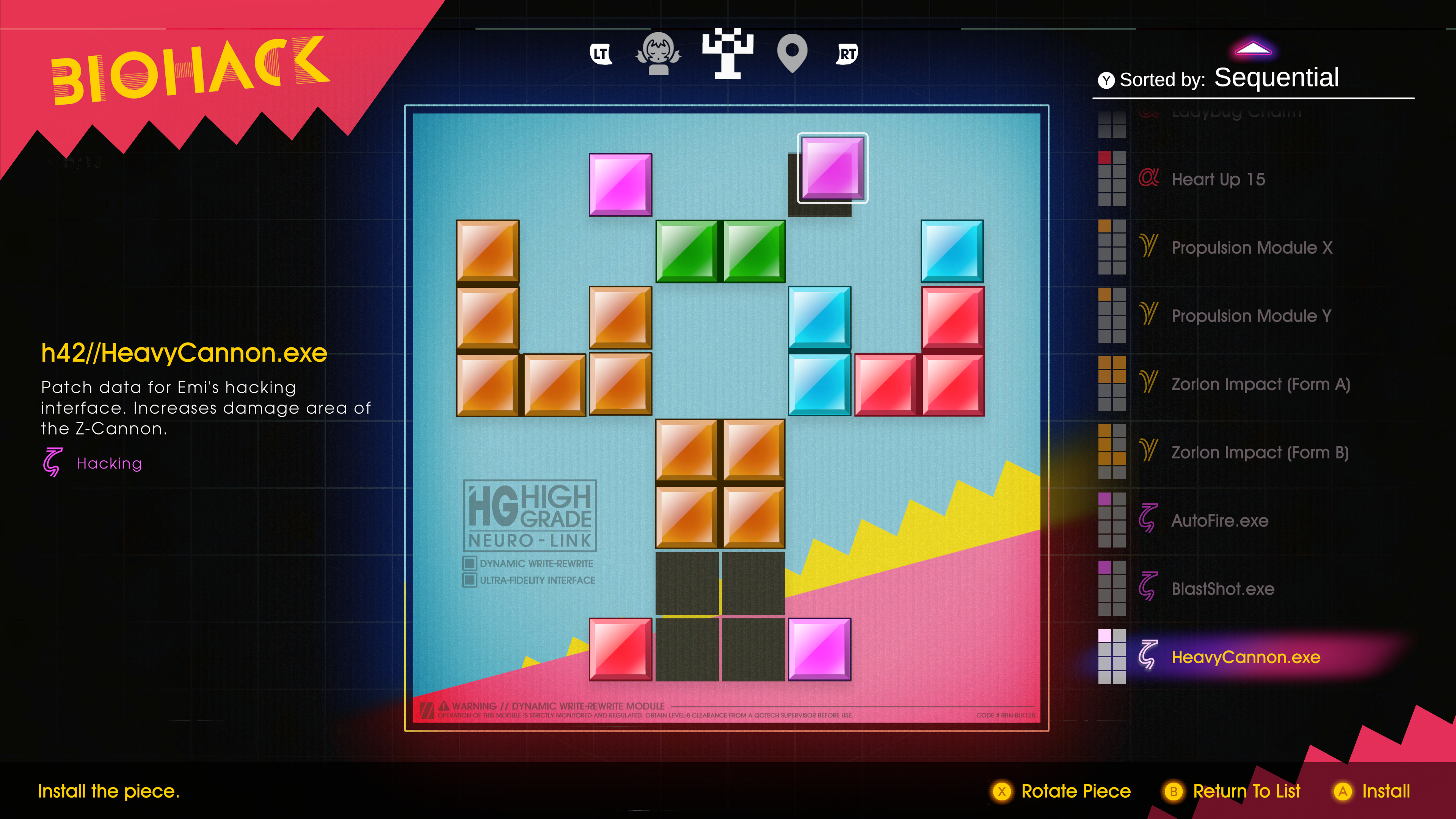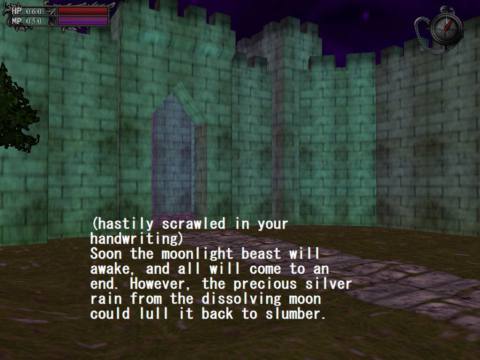What is it? A classic shooter for the Atari 2600 reimagined as a contemporary metroidvania.
Release date September 10, 2024
Expect to pay £24.99/$29.99
Developer WayForward
Publisher Atari
Reviewed on Radeon 5700 XT, i5-9600K, 16GB RAM
Steam Deck Verified
Link Official site
Legitimate concerns about the perils of nostalgia aside, the practice of revisiting classics from gaming's early history has yielded impressive results in recent years. But, whereas releases like Pac-Man 256 and Ghosts n' Goblins Resurrection expand on their inspirations' core loops, injecting them with just enough contemporary sensibility to keep these familiar experiences fresh, WayForward has opted for a drastic overhaul. Its homage to Atari 2600 blockbuster Yars' Revenge relegates its unconventional shooter elements to a series of hacking minigames and serves up a modern(-ish) metroidvania as the main course.
For starters, my decidedly human protagonist bears little resemblance to the original's heroic space-bug, and her pedestrian concerns are worlds apart—literally—from the Yars' valiant struggle against the genocidal Qotile. Emi Kimura, a low-ranked programmer at QoTech, has arranged for a side-gig at the expense of her employer: following radio instructions by her buddies, she's supposed to locate and sabotage the company servers at the behest of some mysterious competitor. It does not go to plan.

Once captured by corporate security during Yars Rising's short introduction, Emi must escape a maze of heavily guarded offices revealing, in the process, both QoTech's terrifying plans for humanity and her own repressed connection to the events outlined in the comic that accompanied the 1982 game. Slipping through laser grids, hiding from guards, and blasting away at sentry robots and deadly Roombas, I'm notified of my next destination by my bestie and partner in crime, Malorie. I then promptly climb, leap, and crawl my way there to trigger the next narrative event or the occasional boss fight, making small detours to hack out-of-the-way terminals in order to unblock passages and acquire upgrades.
It's those hacking sequences where, it seems, most of the creativity in Yars Rising was channelled toward, arguably at the expense of the rest of the game. These single-screen distractions repurpose the basic elements of its forerunner—the iconic Yar sprite; the hulking Qotile; the latter's protective barrier, which you're required to shoot or nibble through; your mighty Zorlon cannon, the only weapon capable of killing your mortal enemy—to concoct brief, frantically entertaining duels which retain something of the original's immediacy while playfully subverting it.
When it runs out of ways to combine those basic ingredients (unsurprisingly, given that there's more than a hundred variations of that basic concept), WayForward is not averse to borrowing ideas from other classics of the era to throw in the mix: Centipede, Missile Command, Space Invaders—even Pong is referenced in a memorable, late-game encounter. Hacking is so enjoyable that the minigames themselves became just as much of an impetus to go off the beaten track as the rewards of power-ups and new abilities.
Corporate ennui

The problem is that the actual wandering—that is, the core of the game—isn't much fun. The environments are bland and heavily recycled, and when Emi comments on her workspace, after circling back to escape QoTech security, it's ironic to note there's nothing to differentiate her cubicle from the next one or the one after that. Characters are similarly underdeveloped stereotypes (the bossy BFF; the mildly creepy nerd) and their insipid one-liners grate, the type of gentle snark that has served WayForward well in the Shantae series acquiring a harder edge here and shedding much of its charm in the process.
Worse, the same banality spreads to the action, flattening what should have been a thrilling escapade. Robotic guards are placed in neat geometric configurations, blasting away at ever-regular rhythms, while patrols pace back and forth in such rote patterns I could have evaded them with my eyes closed. I felt no requirement to think, to improvise, to vary my approach to any challenge thrown at me, whether platforming or combat, barring a couple of boss flights. At some point, I even did away with the pretence of trying to avoid damage altogether, simply walking into enemy bullets. Why tax my reflexes knowing I could simply keep my finger on the fire button and recover any health lost from the corpses of my enemies? Framed in a more self-aware manner, the tedium could almost pass off as a satire of contemporary corporate culture—not that it would have made the experience more entertaining.

Other issues emerge further into the game. Frequent loading times, sometimes as often as every other room, interrupt any semblance of a flow. A map that is terrible at signposting the difference between a passage and a wall forced me to backtrack often, a particularly unpleasant chore within QoTech's lifeless headquarters. A frustrating dearth of resources at key moments served no discernible purpose other than, you've guessed it, more backtracking to load up on missiles by smashing up vases and light fixtures. Minor grievances, perhaps, but they pile up to sink an already uninspired metroidvania, especially during the final act after the difficulty ramps up while my interest refused to follow suit. And while the hacking sequences keep offering the occasional jolt of excitement throughout, Yars Rising fails to elevate them into anything more meaningful than momentary distractions—even a basic leaderboard to compare completion times with friends would have provided some excuse for longer-term engagement.
As I neared the end, I kept wondering what the main selling point of this game might be. Guacamelee! boasts joyous movement; the later Castlevanias, a multitude of powers to acquire via combat; Blasphemous, the thrill of encountering its grotesque visual splendours. In such an oversaturated genre, how does Yars Rising hope to distinguish itself while remaining oblivious to more than a decade of iteration and refinement? Is it nostalgia If so, it should have leaned harder on the hacking. Because, paradoxically, it's those bite-sized minigames, inspired by a 40-year-old classic, that feel fresh, whereas the bare-bones mid-2010s metroidvania served as the main course tastes stale.






